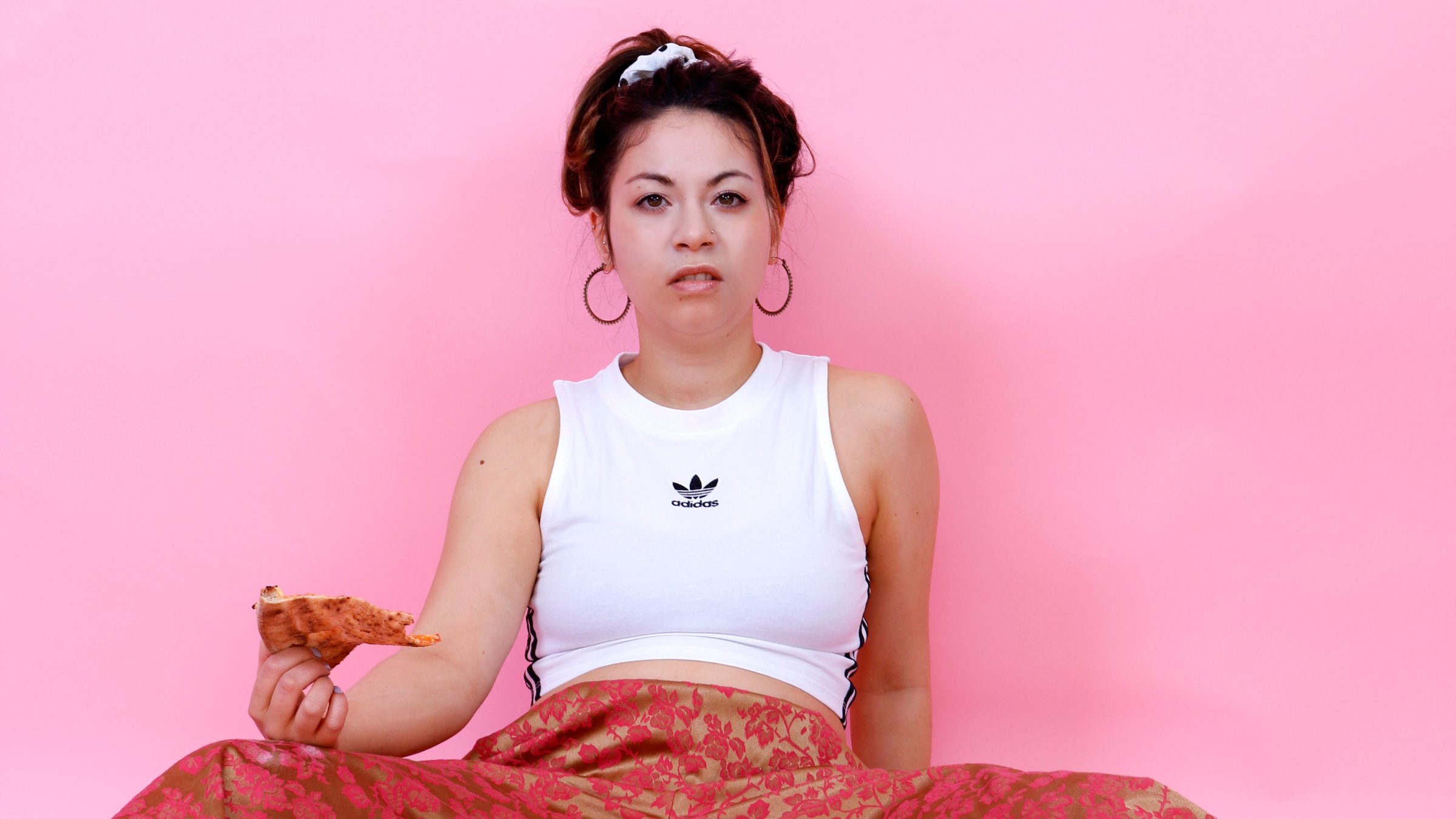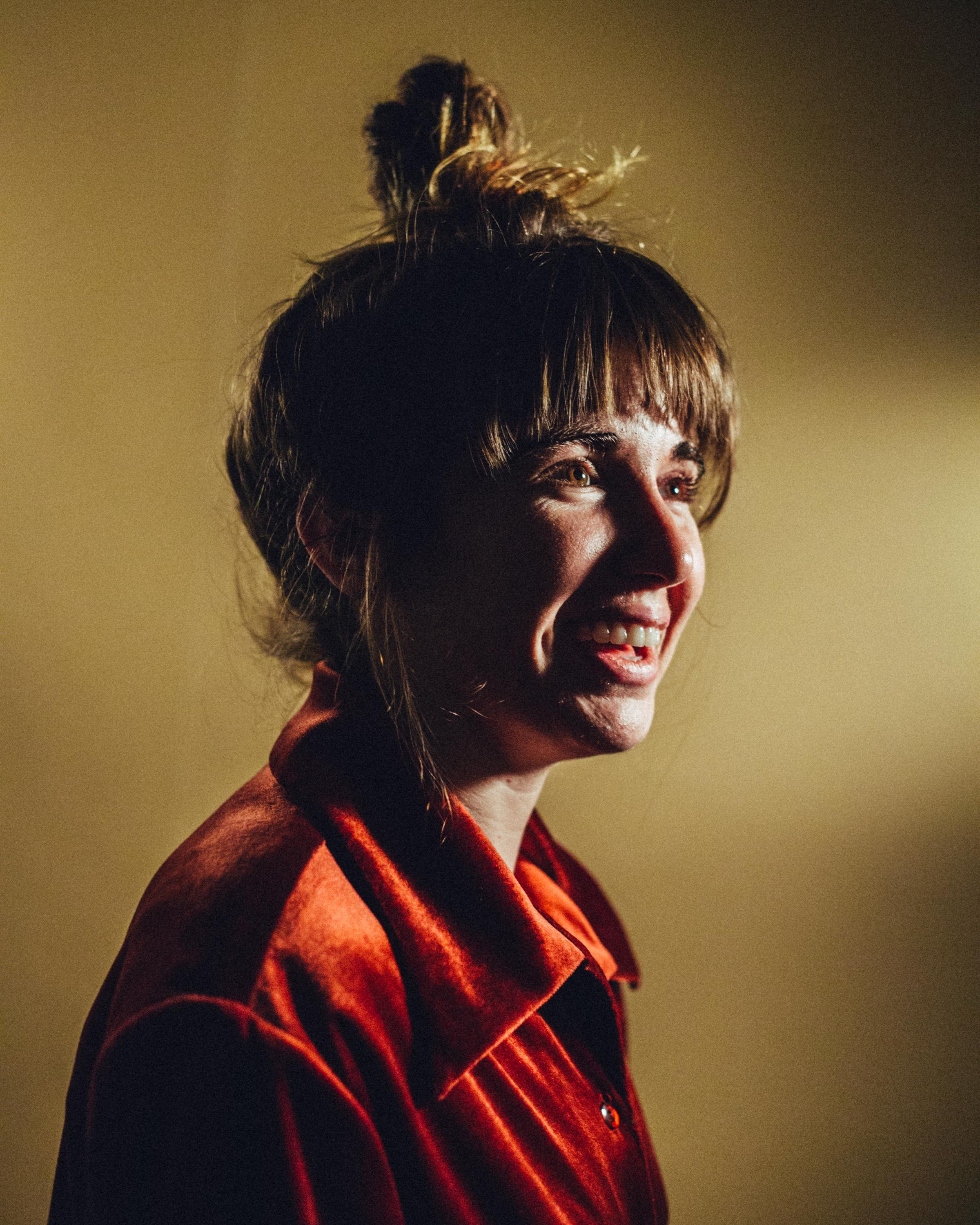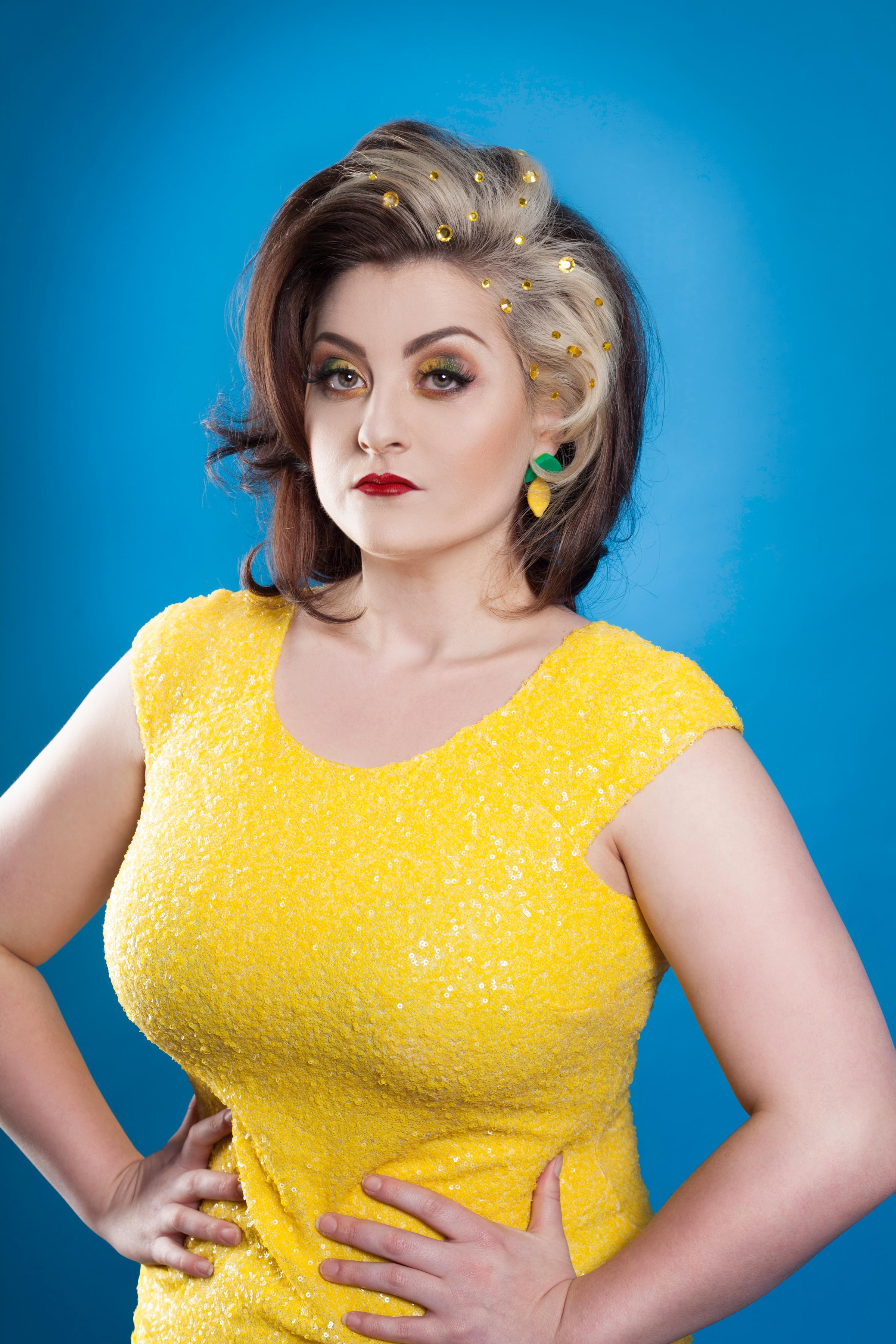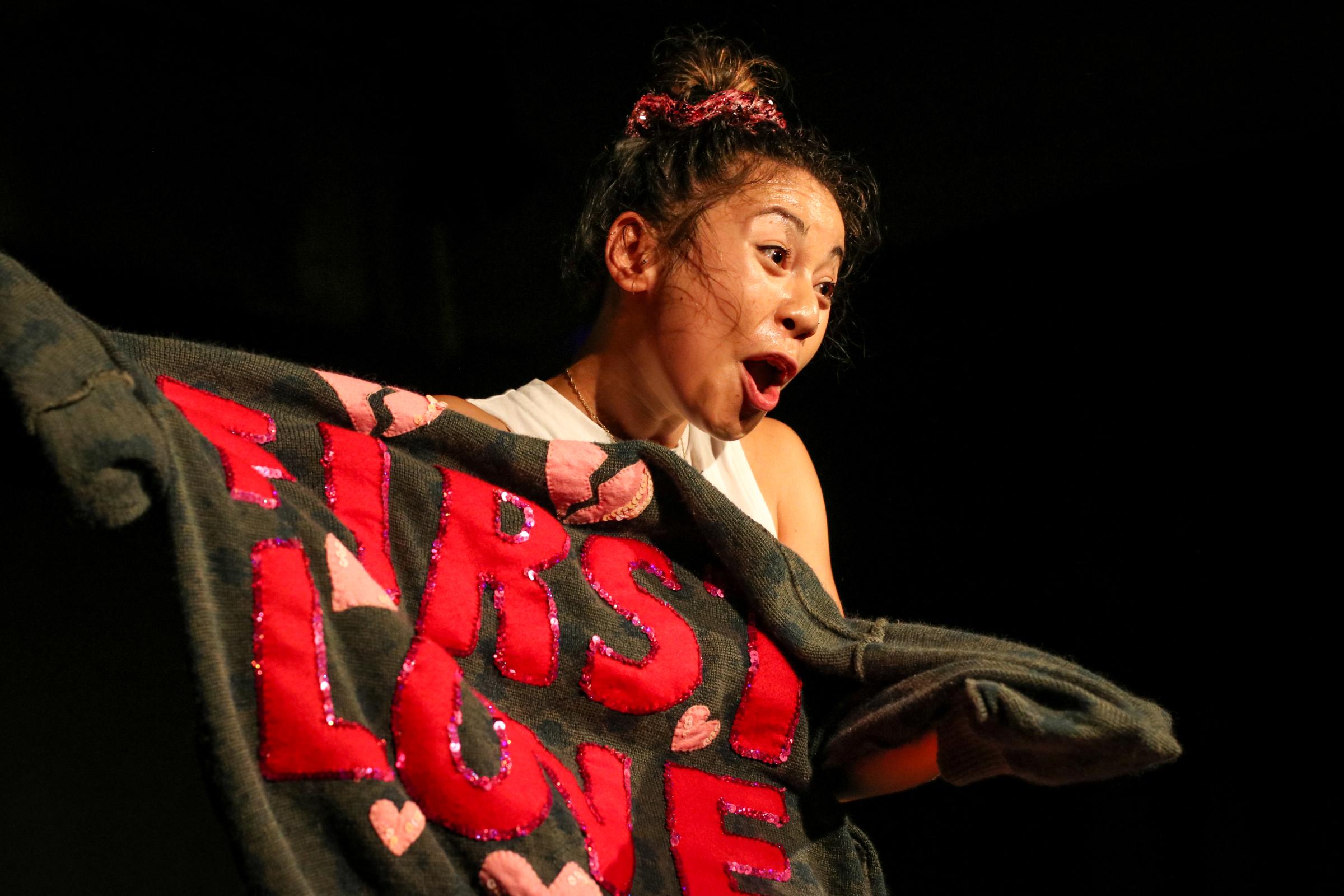
In a dark theater in Edinburgh, Scotland, an audience sits back to enjoy an hour of live comedy. A performer takes the mic and the jokes start rolling in. On politics, love, awkward interactions, and then: sexual abuse. Tension floods the crowded room. Palms sweat. Friends and family avert their eyes. But then a laugh comes, and then another, as the comedian manages to navigate a path through one of the most delicate subjects in society today.
That scene has been repeated hundreds of times this August at the Edinburgh Fringe Festival, as dozens of shows at the world’s largest arts festival tackle abusive relationships and consent on stage. In a year where sexual abuse and harassment have been discussed almost daily in newspapers, on television, in boardrooms and in the halls of government, the final frontier for the Me Too movement might just be comedy.
“People are really ready to talk about this stuff online, on social media,” says L.A.-based comic Natalie Palamides. “But most of us haven’t had a chance to really get into it face to face. That’s what a live show can do.”

In her show Nate, Palamides assumes an aggressive, heavy-drinking male alter ego, complete with Sharpie’d-on chest hair, thick mustache and lumberjack plaid. As Nate confides in the crowd about his troubles with women and demonstrates his drinking prowess, the show builds to a tense confrontation with issues of consent. Without giving too many spoilers, Nate’s actions at a pivotal moment force the audience to examine the limits between good and bad behaviour, with Palamides challenging them to speak up.
As well as comedy, Edinburgh is staging some serious dramas tackling the Me Too movement, including The Empty Chair, a play set at a Hollywood after-party, and Dressed, which recounts its writer’s assault at gunpoint. But comedy, Palamides says, has the benefit of diffusing the tension around a normally taboo subject.
“The laughter comes in acknowledging the confusion about it,” she says. Nate, who initially comes across as a damning indictment of toxic masculinity, is revealed as “a loveable idiot—someone who really tries to understand feminism and issues of consent but fails miserably,” she says. “If we can point that out, we can talk about it. And the more we can talk about it, the more we’ll be able to keep each other safe.”
For Kiri Pritchard-McLean, a British comedian performing a sell-out run of her show Victim, Complex, the world of comedy is uniquely suited to having difficult conversations. “That’s the thrilling thing about it, you can have them quicker and in a far more accessible way.” In her case, that means telling the story of being “gas-lit” by her ex-boyfriend. (The term gaslighting comes from the 1938 British play Gas Light (and 1944 film starring Ingrid Bergman), in which a husband manipulates his wife to believe she is going insane.)
An abusive relationship may not be the most obvious material for comedy, but Pritchard-McLean is not afraid of approaching sensitive subjects. Her most recent show was about child grooming and she has a podcast, All Killa No Filla, about serial killers. “You’re never laughing at the victim.You laugh at the incompetent police or the awful murder,” she says. “There’s plenty of power figures to punch up at. You never need to punch down.”

She adds that telling her story through comedy, as someone who is “smart and loud and obnoxious,” is key to rethinking the trope of the “perfect and submissive victim.” She says society struggles to imagine victims of abuse ever being powerful in other parts of their lives. “Because of who I am, because I’m a comedian and I get up on stage, no one believed it would ever happen to me.” After performing, Pritchard McLean often receives “a barrage” of messages from people who have had similar experiences, thanking her for speaking out or looking for advice.
But Pritchard-McLean doubts the ability of the Me Too movement to create lasting social change. “I think all that has changed is that people will listen to women for a year,” she says. “But you still have people in positions of power who we know are really bad guys. It hasn’t changed.”
Alissa Anne Jeun Yi, whose debut show Love Songs focuses on her own sexual assault, was also hesitant about adding her voice to the Me Too movement. “I found the whole thing upsetting,” she says. “I worried at first that it would just be too painful for people like me.” But in late 2017 she decided that telling her own story through comedy was a way to speak out in her own way. “Most of my friends actually found out what happened through the show,” she says. “By writing this show I can control it all. I know the story and I’ve decided to structure it in this way to make it empowering for myself.”
Love Songs is a mix of comedy and spoken word, charting Jeun Yi’s experience with sexuality, as well as assault. She reads old letters to boys, some funny, some sad, and shares how stereotypes of Asian women as meek and submissive and a lack of sex education in school affected her first sexual experiences.
The tension between the light-hearted tone and the seriousness of some of the subject is an opportunity may unnerve some audiences. “But I’d say the best shows are bittersweet,”Jeun Yi says. “Shows that manage those contrasts between laughter and sadness, that make you reel back and feel the highs and the lows more intensely.”

While their shows draw laughter from some dark places, Palamides, Jeun Yi and Pritchard-McLean all agree that comedy about abuse has to be more than just entertaining. Like Nanette, Hannah Gadsby’s hugely successful Netflix special on her own experiences of homophobia and sexual assault, these shows end in a call to action.
Palamides pressures her audience to challenge bad behavior, while Jeun Yi holds a collection for Rights of Women, a U.K.-based charity providing legal guidance for women who have experienced sexual assault. Pritchard-McLean says her shows on grooming and abuse have pushed some fans to reach out for help and many more to start volunteering.
“I’m deliberately not going to give you a happy ending,” says Pritchard McLean. “If you feel moved, get off your ass and do something.”
More Must-Reads From TIME
- The 100 Most Influential People of 2024
- The Revolution of Yulia Navalnaya
- 6 Compliments That Land Every Time
- What's the Deal With the Bitcoin Halving?
- If You're Dating Right Now , You're Brave: Column
- The AI That Could Heal a Divided Internet
- Fallout Is a Brilliant Model for the Future of Video Game Adaptations
- Want Weekly Recs on What to Watch, Read, and More? Sign Up for Worth Your Time
Write to Ciara Nugent/Edinburgh at ciara.nugent@time.com